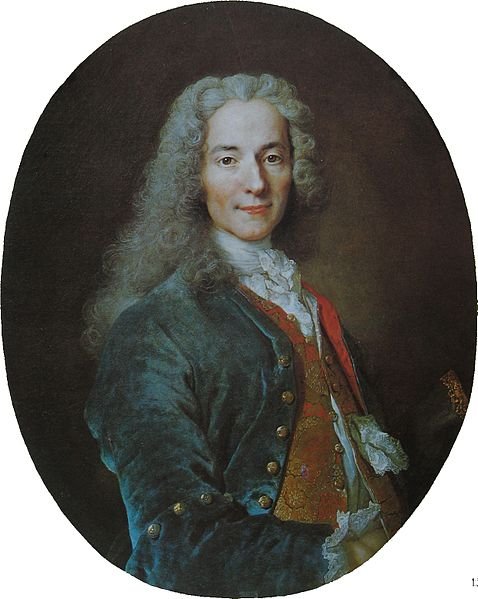The Century of Enlightenments

La philosophie des lumières
The current of this "Age of Enlightenments" wanted to discover and understand the laws of Human's attitudes. We can say that their theoretical position was nomothetic. Also an important element of the 18th century thought, was the concept of universal progress.
We could find two distinctive streams in the philosophy of enlightenments :
1. The traditional one was incarnated by the encyclopedists. Including some of the best known (Diderot, Dalembert, Voltaire). They believed that the main difference between the manners of humans is due to the fluctuations between the rational abilities of mankind.
2. The other was determinist and materialistic. The spokespersons was Montesquieu and d'Holbach. According to them, there is a geographical causality. Then as indicated, it's the geographical, climatic and even economic environment that underpins the differences between human societies. Thus, the heterogeneity would be due to the material environment.
The anthropology of the 18th century, was constructed on an empirical observation (positive knowledge). What differentiates it from philosophy (abstract and speculative knowledge).
Most of the thinkers of this age, had liberal ideals that came to them through anti-clerical and revolutionary thoughts. And they were embarked on a path of demystification of the world.
Finally, it must be known that the philosophy of enlightenments was not found only in France. Indeed, there was also great thinkers of this current throughout Europe, especially in Germany (Kant and Goethe).

*
Good to you,
Wow the German philosophers only in one sentence and then just 2. What a pity. Frog eaters just don't know what is true ;)
But its true that the Enlightenment had a tremendous number of great thinkers and ideas and and changed the world like no other intellectual movement ever. Especially if you take the broader sense and add the earlier thinkers like Locke or the atheistic(!) Hume. Or the economical like Adam Smith.
But if you ask me, Kant is the most important.
"Frog eaters"... Haha :) You are right, there is much more to say about german philosophers. And of course they were important, but I won't say who is the most ;) And I think Kant deserves a post for himself !
Indeed the atheistic movement was significant at this time, and obviously 18th century has had a impact on our modern society.
Write it man, I'll read it for sure :)
Fine, I'll see what I can do ;)